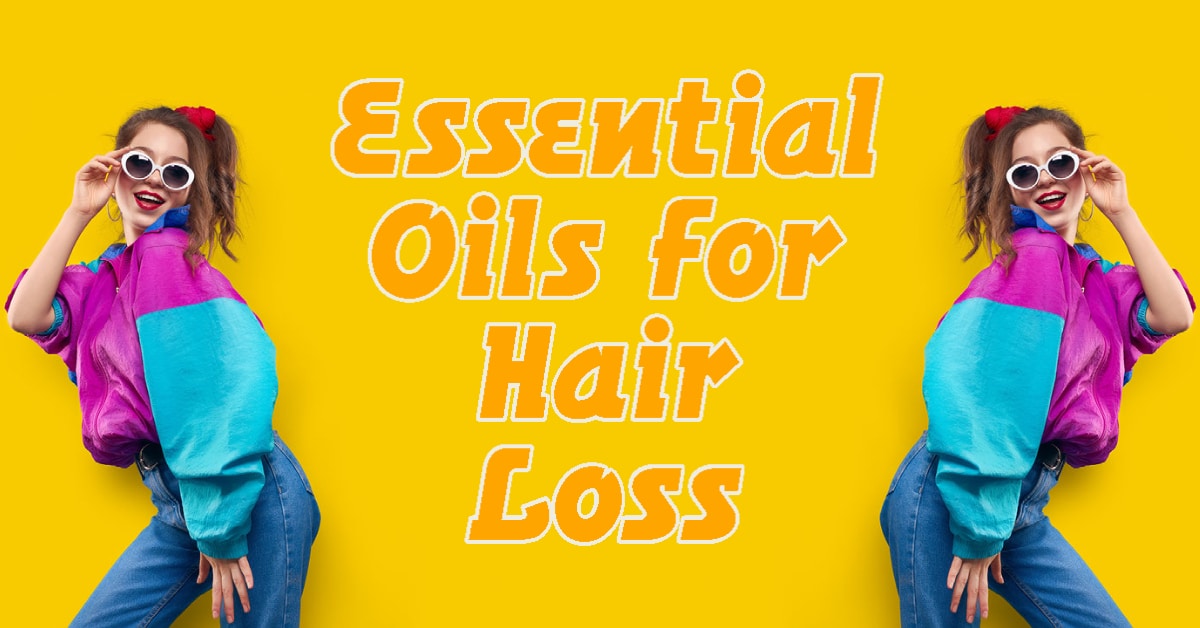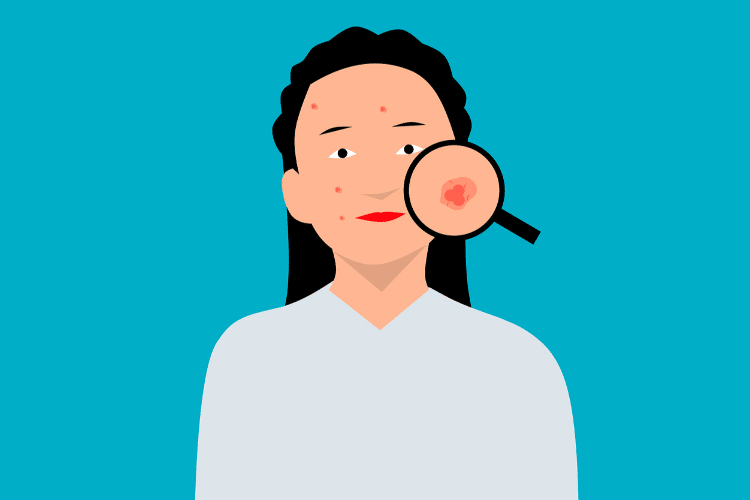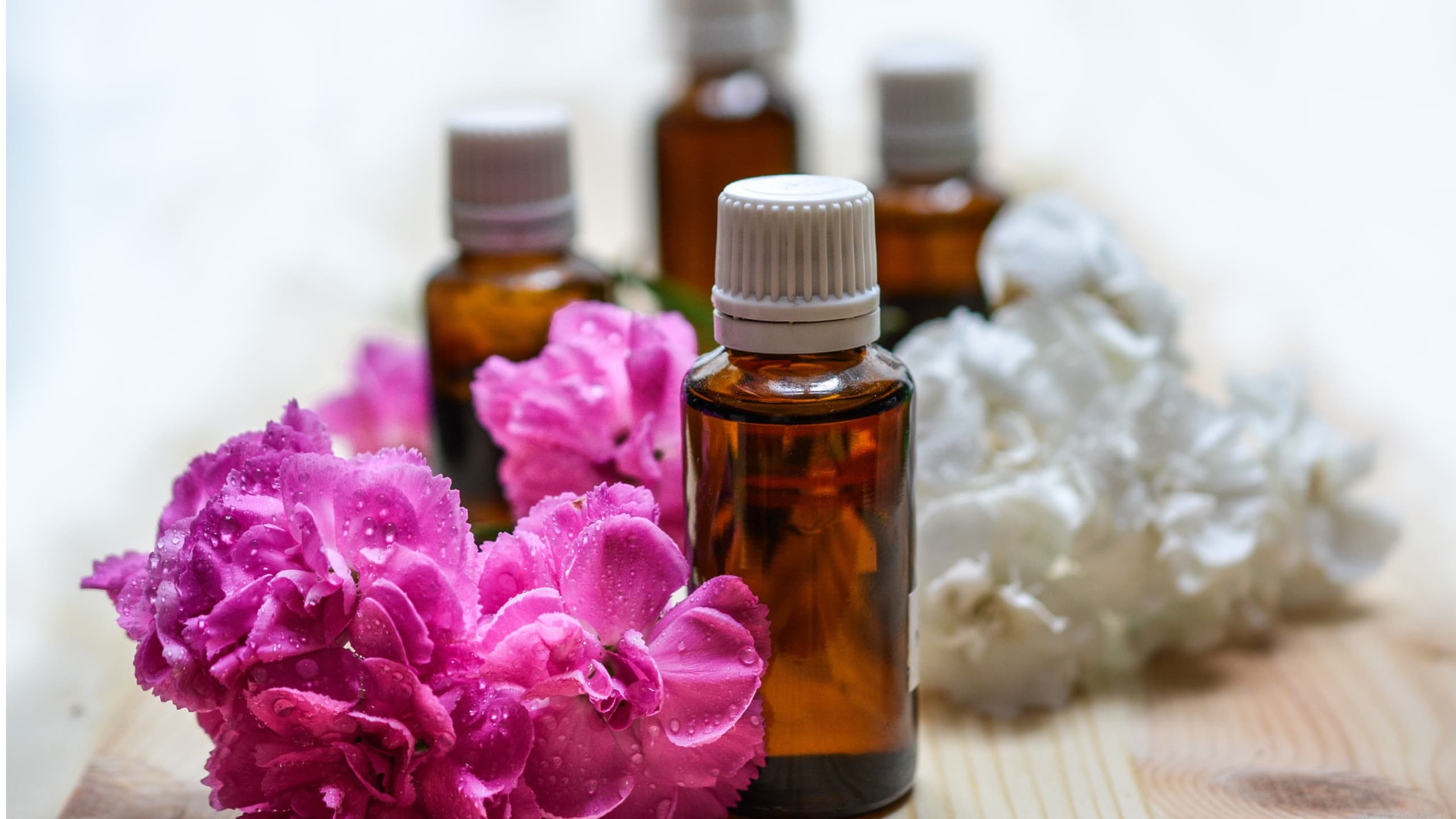
Reasons You Should Use Vanilla Oil
8 Vanilla Oil Benefits
Contains Antioxidant Properties
The antioxidant properties of vanilla oil protect the body from wear and tear by neutralizing free radicals. Antioxidants are substances that help prevent certain types of cell damage, especially those caused by oxidation. Oxidation is one of the biggest causes of most of our health troubles and diseases. It leads to the formation of free radicals, which are very dangerous to the body’s tissues and have been connected to cancer and premature aging.
High-antioxidant foods and plants are evaluated by ORAC score (oxygen radical absorption capacity), which tests the power of a substance to absorb and eliminate free radicals. A study published in the Journal of Agricultural and Food Chemistry noted that pure vanilla extract, which was made with cured vanilla beans and 60 percent aqueous ethyl alcohol, has high levels of antioxidant activity. The study noted that the results “point towards the potential use of vanilla extract components as antioxidants for food preservation and in health supplements as nutraceuticals.”
Boosts Libido
Vanilla oil stimulates the secretion of certain hormones like testosterone and estrogen, which helps people who suffer from erectile dysfunction, impotence, and loss of libido. Erectile dysfunction, for example, comes in many degrees and can be caused by low levels of testosterone, medications, poor diet, fatigue, stress, depression or other illnesses. The good news is that around 70 percent of these cases are restored with home remedies and natural treatment methods for impotence. Thankfully, vanilla oil has been shown to improve hormone levels, mood, and outlook on life.
Relieves PMS Symptoms
Because vanilla oil activates estrogen levels, it also regularizes menstruation and relieves PMS symptoms. PMS symptoms are experienced by over 75 percent of menstruating women, and hormone balance is the primary factor that determines these symptoms. Common PMS symptoms include fatigue, bloating, skin issues, emotional changes, breast tenderness and cramps.
Vanilla oil serves as a natural remedy for PMS and cramps because it activates or balances hormone levels and manages stress, leaving your body and mind relaxed. Vanilla oil works as a sedative, so your body isn’t in a state of hypersensitivity while experiencing PMS symptoms; instead, it’s tranquil and the symptoms are minimized.
Prevents the Growth of Cancer Cells
The vanilla essential oil has anticarcinogenic properties — it inhibits the development of cancer before it becomes a problem, making it a potential natural cancer treatment. This powerful oil curbs the growth of cancerous cells, mostly because it acts as an antioxidant that prevents the oxidation of cells. Antioxidants kill free radicals in the body and reverse oxidative stress causing chronic disease.
According to the National Cancer Institute, at high concentrations, free radicals can be hazardous to the body and damage all major components of cells, including DNA, proteins and cell membranes. The damage to cells caused by free radicals, especially the damage to DNA, may play a role in the development of cancer and other health conditions. Antioxidants are known as “free radical scavengers” that interact with, neutralize and fight free radical damage.
Fights Infections
Some components present in vanilla oil, such as eugenol and vanillin hydroxybenzaldehyde, are able to fight infections. A 2014 study published in Basel, Switzerland, examined the effectiveness of vanilla oil as an antibacterial agent when used on the surface of bacterial cells. The study found that vanilla oil strongly inhibited both the initial adherence of S. aureus cells and the development of the mature biofilm after 48 hours. S. aureus cells are bacteria frequently found in the human respiratory tract and on the skin.
Works as an Antidepressant
Vanilla has been commonly used as a home remedy from the 17th century to fight anxiety and depression with nutrition. Vanilla oil has a calming effect on the brain, which helps with anger, insomnia, stress, and anxiety.
A study published in the Indian Journal of Pharmacology found that vanillin, one of the main components of vanilla oil, demonstrated antidepressant activity in mice, which was comparable with fluoxetine, a medication that treats depression and obsessive-compulsive disorder. The study concluded that because the vanillin was able to cause a significant reduction of immobility in the mice, as indicated in a forced swim test, the sedative properties make vanilla oil effective in naturally treating depression.
7. Reduces Inflammation
Inflammation is associated with just about every health condition, and researchers are furiously investigating chronic inflammation’s effects on health and possible preventive medical applications. Luckily, vanilla oil is a sedative, so it reduces stress on the body such as inflammation, making it an anti-inflammatory food; this is helpful to the respiratory, digestive, nervous, circulatory and excretory systems.
Because vanilla is high in antioxidants, it reduces damage caused by inflammation. Vanillin, the component with the most antioxidant value, has the power to lower cholesterol naturally and reduce triglycerides levels and symptoms of rheumatoid arthritis. Rheumatoid arthritis is caused by an autoimmune dysfunction where the white blood cells destroy the cartilage.
This may be related to food allergies, bacterial infections, stress or excess acid in the body. Vanilla oil’s anti-inflammatory, sedative, and antibacterial properties make it a perfect natural arthritis treatment.
Lowers Blood Pressure
Vanilla oil’s sedative effects on the body allow it to naturally lower blood pressure by relaxing the body and mind. High blood pressure is when the pressure on the arteries and blood vessels becomes too high and the arterial wall becomes distorted, causing extra stress on the heart. High blood pressure levels can put you at risk for having a stroke, heart attack and diabetes.
A major cause of high blood pressure is stress; by relaxing the muscles and mind, vanilla oil is able to lower blood pressure levels. Vanilla oil also helps you to get more sleep, which is another easy way to lower blood pressure levels. Vanilla oil serves as a natural remedy for high blood pressure because it also acts as an antioxidant, so it reduces oxidative stress and dilates the arteries.
How to Pick & Make Vanilla Oil
It’s important to note that most of the cheap vanilla oils available commercially contain a ton of synthetic ingredients or are heavily processed. Finding 100 percent pure vanilla oil is very unlikely and expensive. When you look to buy vanilla oil for its health benefits, keep in mind that the higher the vanillin content, the more premium quality aroma you get.
For instance, look for vanilla Co2 total extract, which is typically used in aromatherapy. Vanilla Co2 total extract contains 26 percent vanillin, while the vanilla extract that is used for cooking contains only 2 percent. Many companies try to sell low-level vanillin products as “vanilla essential oils,” so you need to read the labels carefully. Vanilla is not an “essential oil” in the same way that lavender oil, peppermint oil and thyme oil are because it is not steam-distilled, expeller-pressed or cold-pressed.
You will find vanilla Co2 total extract (the highest quality), vanilla absolute (when extracted with a solvent like alcohol), vanilla dilution (when Co2 or absolute is blended with a carrier oil) or vanilla tincture (when beans are soaked in an alcohol base). Because of the confusing forms of vanilla, read the labels; the higher percentage of vanillin, the better the product. The price of a vanilla absolute or Co2 extracted oil costs over $100 for an ounce! If you plan on using a purchased vanilla oil on your skin or internally as medicine, make sure you choose a reputable company that has a high percentage of vanillin.
Here’s a more cost-effective option that you can create at home:
To make a vanilla oil infusion, buy whole vanilla beans or pods from your local health food store, preferably organic, then chop them into pieces and remove the seeds. Add them directly to a carrier oil (you want to pick an oil that isn’t very fragrant, like jojoba oil). Let the mixture sit for at least a week — with time the fragrance will be stronger. Keep the mixture in an airtight container. You can filter out the pods when you’re ready to use the oil, but it’s not necessary.
To make a vanilla oil tincture, soak vanilla pods in a jar of 151-proof rum for two weeks. Use a strainer to remove solid particles, and keep the tincture in an airtight container.
How to Use Vanilla Oil
- To relax your body and mind, massage 10 drops of your homemade vanilla oil infusion into your neck, feet, chest, and stomach. This relieves muscle aches, PMS cramps, feelings of anxiety and works as an antibacterial agent.
- To improve sleeping patterns, inhale 3–5 drops of vanilla oil before bed or make your own vanilla oil bath by adding 5–10 drops to warm water.
- To use vanilla oil as a DIY perfume, add 10–20 drops to a spray bottle and mix it with equal parts carrier oil (like jojoba or almond oil) and water. You can spray this vanilla oil mixture on your sheets, furniture, body, and hair.
Possible Side Effects & Precautions of Vanilla Oil
Vanilla is safe to ingest, but there are potential side effects. If you mix vanilla beans or pods with a carrier oil in order to make an infusion, make sure you use a carrier oil that’s safe for consumption (like coconut oil). Some side effects of using vanilla oil internally or topically are irritation, inflammation or swelling. It’s a good idea to start with small doses and work your way up from there. If you use vanilla oil on your skin, apply it to a small patch first.
Remember that pure vanilla oil is an expensive product, so if you find it for a bargain price, it probably isn’t a high-quality product. Read the labels carefully and understand that pure vanilla oil products are the most beneficial to your health. Other products contain synthetics and lab-produced vanillin. Look out for a vanilla extract produced in Mexico that’s mixed with tonga bean extract, which contains a chemical called coumarin. The FDA banned coumarin in foods in the 1950s because it’s not safe for consumption.
Source:https://draxe.com






